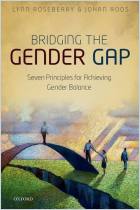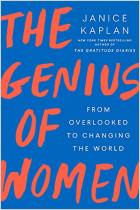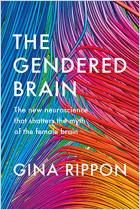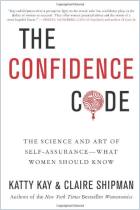Historically, women have been excluded from scientific discourse and have struggled to get the credit they deserve, and the resources they need, when working in STEM. Today, the gender gap in STEM remains significant. But women’s contributions are necessary if humanity is to find solutions to global challenges, from pandemics to climate change, says renowned University of Cambridge physicist Athene Donald. Learn how systemic factors and biases perpetuate the gender gap in STEM while gleaning insights into the concrete steps you can take to fight for equity.
The world needs more women in STEM to help navigate today’s complex global problems.
The world is facing a number of existential crises including climate change and food security issues. Humanity cannot afford to miss out on women’s contributions when working to solve these issues. However, women continue to face steep obstacles to entering and thriving in STEM-related fields – challenges that their male counterparts typically do not encounter. Women are vastly underrepresented in STEM college majors – except for the biological sciences. At Cambridge University, for example, only 20% of undergraduate physicists are women.
While women now occupy more positions of power within the scientific community than in decades past, the gender gap remains wide. Diversity is essential in STEM – and not just for “moral” reasons. Research from the Royal Society has identified both “external” and “internal” business benefits to having a more comprehensive range of perspectives in the scientific workforce: The former includes reduced costs and better products, and the latter consists of a boost to...


















Comment on this summary or 开始讨论